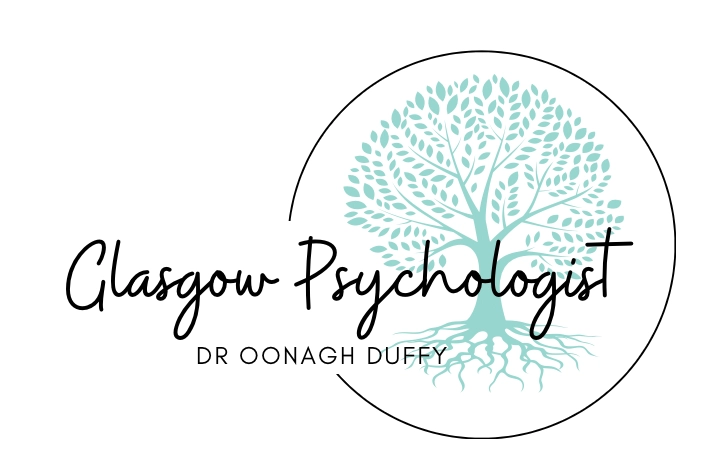Simple Steps to Reducing Stress
Being stressed does not feel good- it takes us away from the things and the people that are important to us and we know that the long term effects of stress negatively impact our immune system. For example long-term stress is linked to weight gain, it impacts on sleep and affects our hormones which can lead to difficulties with managing our emotions.
There are some small changes that can help us to reduce the impact of stress in our lives. Of course, the list of ways to reduce stress is endless so I have focused on techniques that are in keeping with a therapy known as Acceptance and Commitment Therapy (ACT).
ACT encourages us to acknowledge that worry and stress are a normal part of being human. Sometimes being stressed about stress can lead to even more stress so it's important to accept that some of what we are feeling is normal. That being said you can reduce or mitigate the impact of stress with the following small changes:
Start to notice when your mind is busy- is it hopping from one thing to the next? Is it busy trying to plan ahead? Is it hard to focus on the present? Paying attention to this and simply labelling what's going on (e.g. "I'm noticing my mind is busy") can help you to slow down or to focus on the present. Try not to judge your mind for being busy- this is just what our minds do - but start to notice how your mind is with kind curiosity.
It may be helpful to do a simple grounding exercise to help you to anchor your mind in the present moment. One way to achieve this is the 5-4-3-2-1 technique. It asks you simply to notice 5 things you can see, 4 you can hear, 3 you can touch, two you can smell and to notice what you can taste in your mouth. It is a very effective technique to bring you back the present moment if you are feeling overwhelmed or being carried away with thought after thought.
Similarly, tune into your body- are your shoulders hunched? Is your forehead creased? Where are you holding tension? When did this start and why? A quick body scan can be helpful to both ground you in the now and also to help you to breath and let go of the tension that may be maintaining your stress. You can do a body scan by simply starting at your head and working your way down your body slowly and just taking note of how your body feels, the different sensations, and points of contact with the world around you.
Now that you have checked in- have a think about what has stressed you out. Have you taken on too much today? Is your to-do list too long? Have you skipped your breaks in the day to try get through the workload? Whatever it is- its ok! We all do it and it's important to use these observations as learning points. Once you've noticed what is adding to your stress you can think about what you want to STOP, START and KEEP. STOP refers to the things in life that are not making you feel good - perhaps these are things that are taking you away from your values and what is important to you.
START refers to the things you would like to try more of that make you feel joy, contentment, or connection to the people and things you care most about. Finally KEEP refers to thinking about what is going well in your life, the things that increase your feelings of vitality that you would like to hold on to. You cannot go too wrong if you apply the STOP, START and KEEP technique to your life.
My final point in learning to reduce stress is to try to get into the practice of mindfulness. There is a strong evidence base for mindfulness for reducing stress. You can learn this skill through using phone applications such as Headspace, trying a mindfulness class in your local area or by listening to mindfulness audios on YouTube. The NHS website also has lots of ideas for informal mindful practice that you can incorporate into your everyday routine without having to "make time" for mindfulness.






